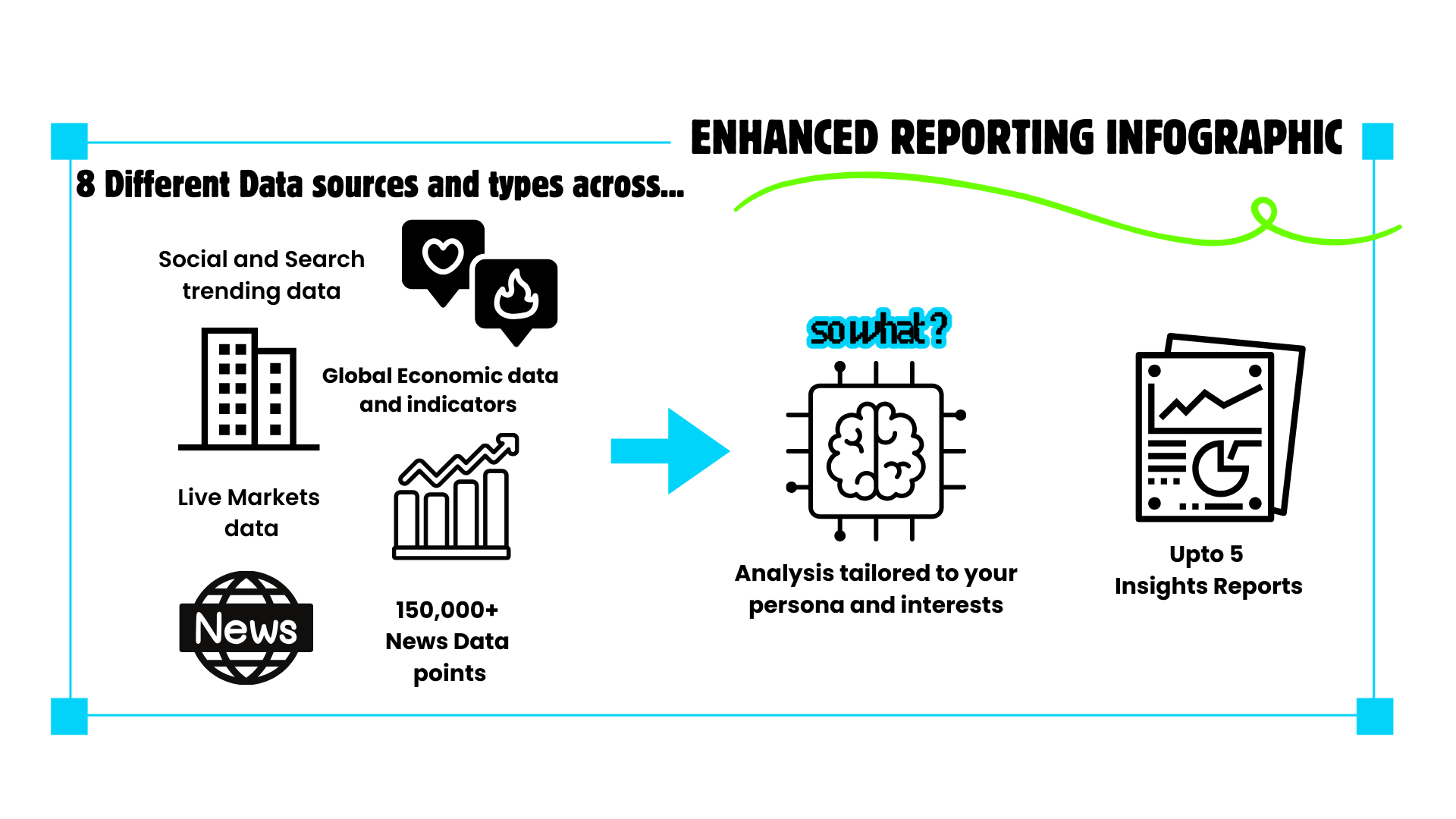Nasa and other space experts have issued a warning about strong solar flares coming from the Sun. These flares could cause blackouts, radio signal problems, and even affect power grids on Earth. The warning comes after the biggest solar flare of 2025 was spotted by Nasa’s Solar Dynamics Observatory.
What It Is
A solar flare is a sudden, bright burst of energy from the Sun’s surface. When these flares are strong, they can send waves of radiation towards Earth. The latest flare was ranked an X2.7, which is the highest level on the solar flare scale. This huge flare caused radio blackouts in parts of the Middle East for about 10 minutes. Experts say more flares may come soon, as the Sun’s most active region is now facing Earth.
This happens during the Sun’s “solar maximum” a time in its 11-year cycle when it becomes extra active. During this period, solar flares and other space weather events happen more often and are stronger.
So What? Insights
These solar flares might sound like something far away, but they can actually affect us in real life. When radiation from the Sun hits the Earth, it can mess with things like:
- Radio and satellite signals
- GPS and navigation systems
- Power grids and electricity
- Spacecraft and astronaut safety
This means planes might lose signal, GPS might stop working, and electricity systems could face problems. That’s why scientists keep a close eye on the Sun using satellites and special observatories.
Another effect of these flares is more beautiful: auroras. When the Sun sends out charged particles, they hit the Earth’s atmosphere and create colourful light shows called the Northern or Southern Lights.
Key Implications
-
For Everyday People
We might face small blackouts or signal issues. If you notice problems with your mobile network, internet, or GPS, this could be the reason. Most issues won’t last long, but it’s good to be aware. -
For Airlines and Ships
Flights and ships that rely on radio signals for direction and communication might face trouble. That’s why space weather forecasts are important for travel safety. -
For Power Companies
Power grids may need to prepare for overloads. In past solar storms, transformers have been damaged and power cuts happened in some countries. -
For Space Missions
Satellites and astronauts are at risk. Engineers might need to switch off parts of satellites or change their position to avoid damage.
Quick link: Deal or No Deal’s Biggest Secret Finally Revealed
Practical Takeaways
-
Stay informed: Keep an eye on news from Nasa or weather services about space weather alerts.
-
Charge your devices: Just in case there’s a short power or signal cut.
-
Understand it’s temporary: Most solar flare effects don’t last long and won’t cause permanent harm to your gadgets.
-
Enjoy the view: If you’re lucky and live in the right place, you might see stunning auroras in the sky.
Final Thoughts
The Sun is powerful, and we often forget how much it affects life on Earth. These solar flares are a reminder of how connected we are to space. While scientists are doing their best to protect us and give warnings, being aware of space weather helps us prepare and respond better.
Stay Ahead Effortlessly with SoWhat?

Want to stay informed without endless scrolling? SoWhat? is your AI-powered insights assistant, delivering concise, personalised reports on world events straight to your inbox every 24 hours. Stay sharp. Stay informed. Get your free daily report HERE.












